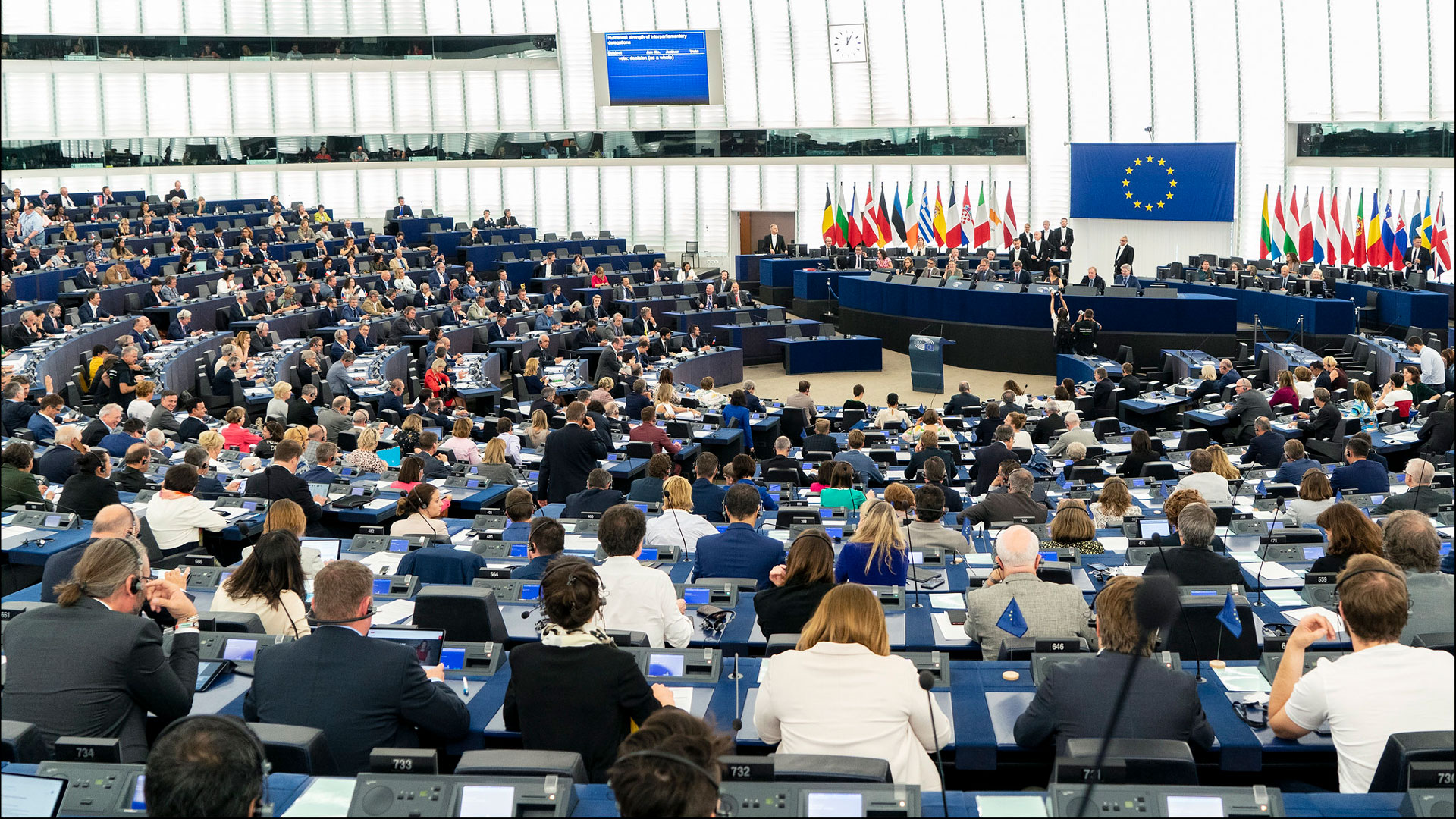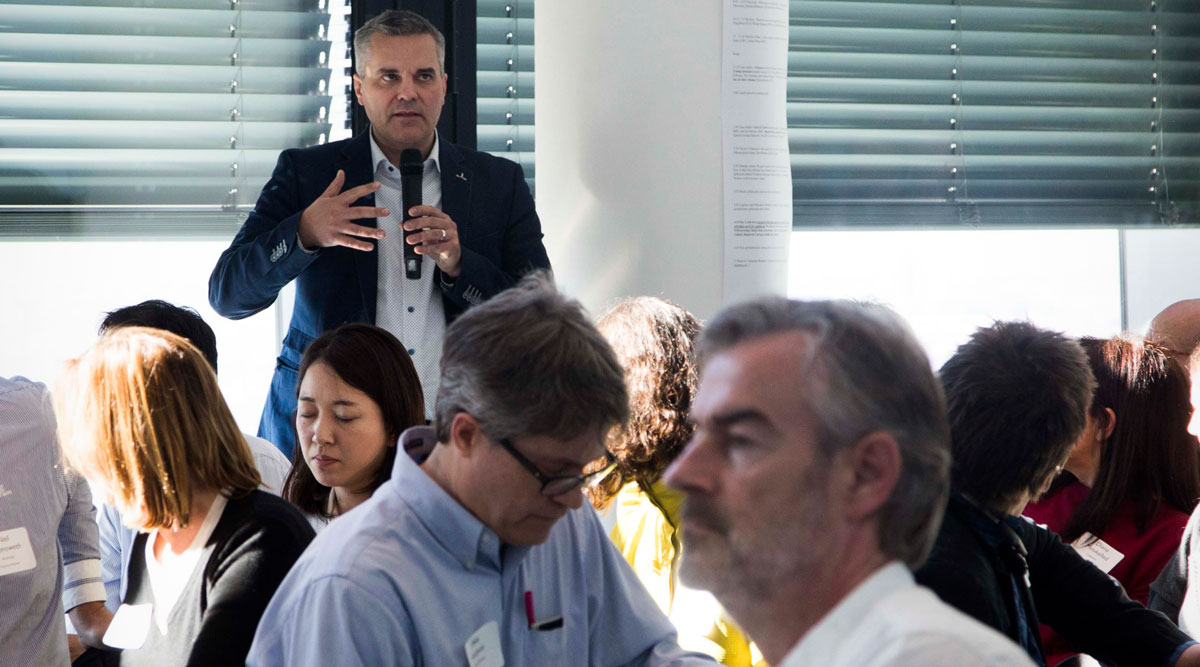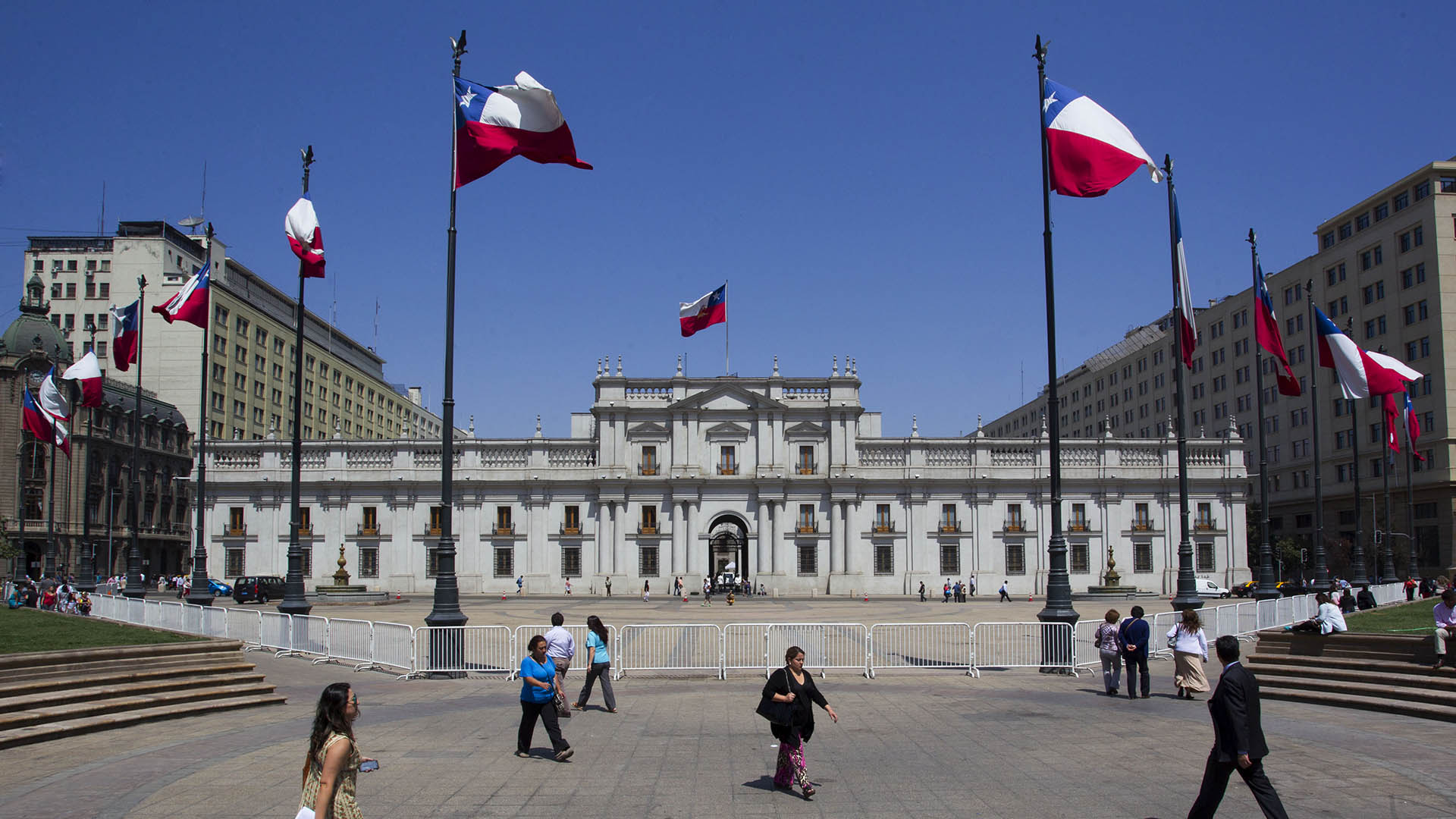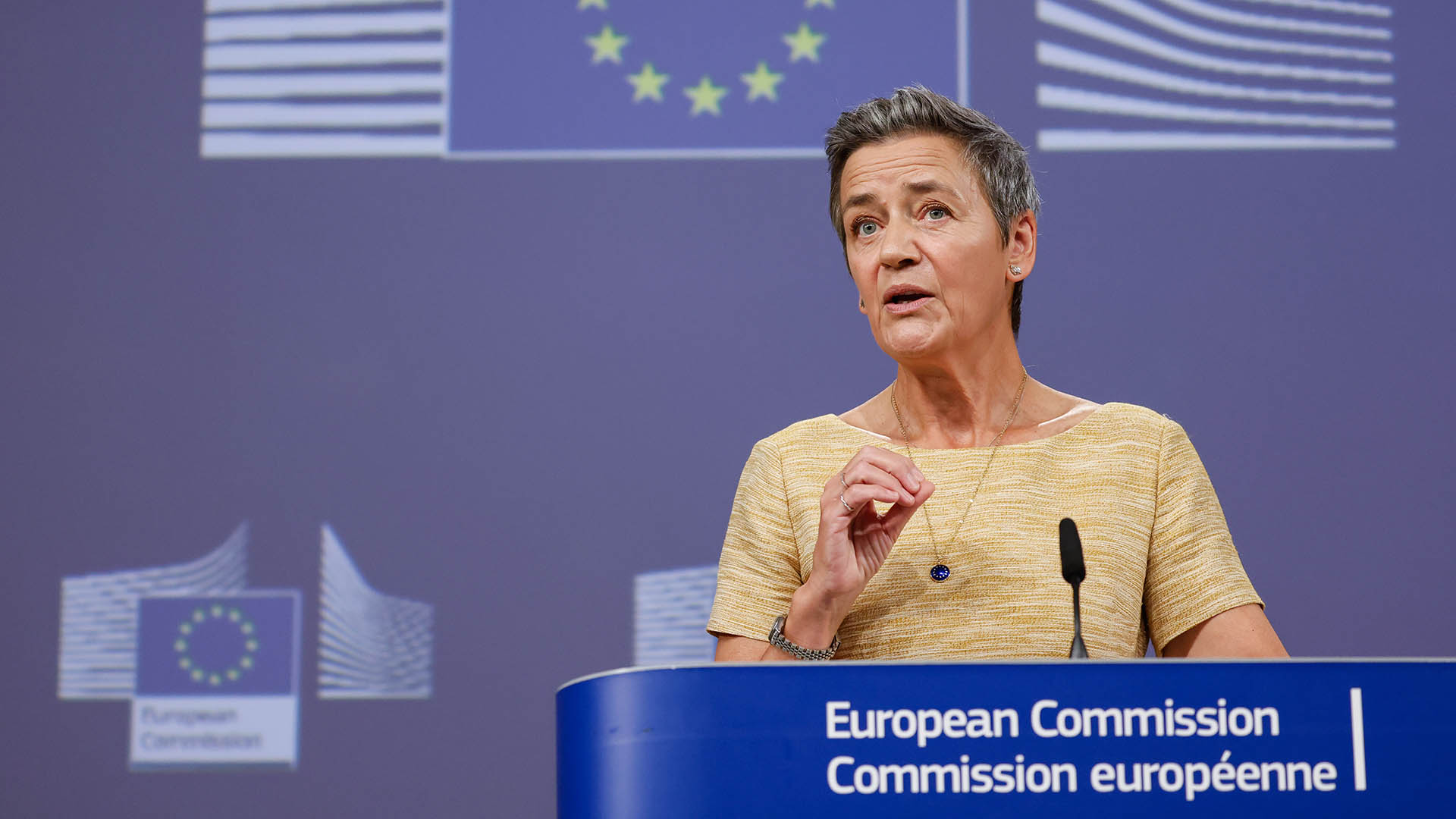European lawmakers have agreed to create a permanent subcommittee to investigate financial crimes, including money-laundering, tax avoidance and tax evasion.
Co-ordinators in the Economic and Monetary Affairs committee on Monday adopted a Greens–European Free Alliance proposal to establish the new body. It is expected to be operational by the end of the year.
“We were setting up one committee after another each time you found a new scandal,” according to a German Green Party member of the European parliament, Sven Giegold, referring to various investigations by the International Consortium of Investigative Journalists (ICIJ).
These individual committees had “one key disadvantage … you always start anew.”
Giegold said that a permanent committee would allow the parliament to “more easily follow up the work we have started.”
The Economic and Monetary Affairs committee has previously launched ad hoc inquiries into subjects that flowed from ICIJ investigations.
In June 2016, months after ICIJ and more than 100 media partners published the Panama Papers investigation, the European parliament agreed to create a committee to investigate money laundering, tax avoidance and tax evasion. The report, published 18 months later, called for public registers of company owners and greater whistleblower protections.
Following the 2017 Paradise Papers investigation, in early 2018 the parliament voted to launch an inquiry into financial crime.
The European proposal, which overcame political resistance, will echo the powerful United States Senate’s permanent subcommittee on investigations into tax dodging and other illicit financial activities.
“Establishing a permanent EU subcommittee to investigate financial crime and tax evasion is good news for Europe and the rest of the world,” said Elise Bean, former staff director and chief counsel of the U.S. Senate’s subcommittee. “Yeoman’s work has already been done by several precursor committees at the EU Parliament to expose money laundering, offshore abuses and anonymous shell companies; the same MEPs who developed that investigative expertise will be able to hit the ground running.”
Elsewhere this week, a the Dutch government introduced three proposed reforms to the country’s generous tax laws amid outrage that some multinationals, including energy behemoth Shell and the electronics giant Philips, had paid little or no tax on their profits.
Multinational corporations have long used the Netherlands as a tax haven to avoid paying billions of dollars in taxes to governments around the world. As part of its Paradise Papers investigation, ICIJ reported in 2017 that footwear giant Nike used the Netherlands and another tax haven, Bermuda, to avoid taxes on billions of dollars of income made in Europe.
Dutch state secretary Menno Snel said that the goal of the new proposals is “to combat tax avoidance and tax evasion,” according to Süddeutsche Zeitung.







